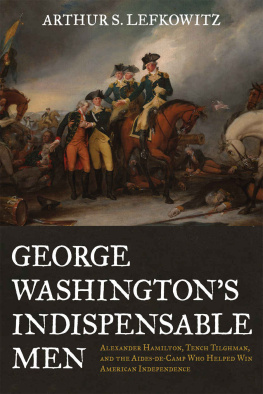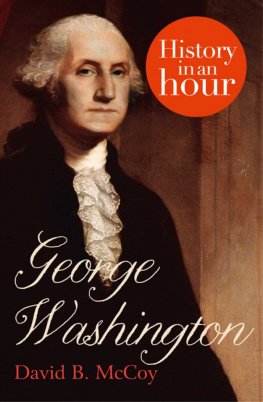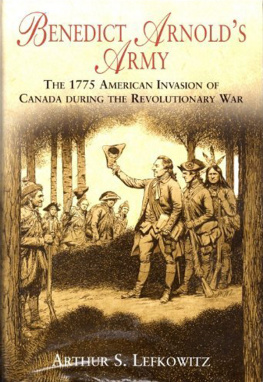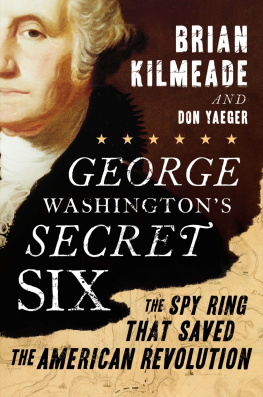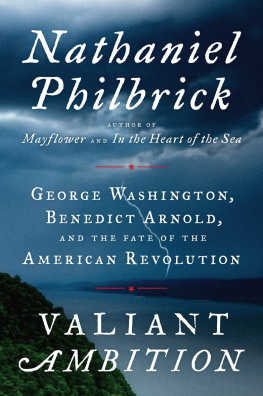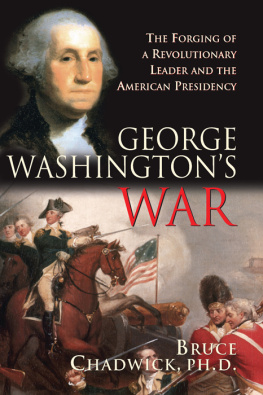GEORGE WASHINGTON'S Secret Navy
HOW THE AMERICAN REVOLUTION WENT TO SEA
JAMES L. NELSON


Copyright 2008 by James L. Nelson. All rights reserved. Manufactured in the United States of America. Except as permitted under the United States Copyright Act of 1976, no part of this publication may be reproduced or distributed in any form or by any means, or stored in a database or retrieval system, without the prior written permission of the publisher.
0071643427
The material in this eBook also appears in the print version of this title: 0-071-49389-1.
All trademarks are trademarks of their respective owners. Rather than put a trademark symbol after every occurrence of a trademarked name, we use names in an editorial fashion only, and to the benefit of the trademark owner, with no intention of infringement of the trademark. Where such designations appear in this book, they have been printed with initial caps.
McGraw-Hill eBooks are available at special quantity discounts to use as premiums and sales promotions, or for use in corporate training programs. For more information, please contact George Hoare, Special Sales, at george_hoare@mcgraw-hill.com or (212)904-4069.
TERMS OF USE
This is a copyrighted work and The McGraw-Hill Companies, Inc. ("McGraw-Hill") and its licensors reserve all rights in and to the work. Use of this work is subject to these terms. Except as permitted under the Copyright Act of 1976 and the right to store and retrieve one copy of the work, you may not decompile, disassemble, reverse engineer, reproduce, modify, create derivative works based upon, transmit, distribute, disseminate, sell, publish or sublicense the work or any part of it without McGraw-Hill's prior consent. You may use the work for your own noncommercial and personal use; any other use of the work is strictly prohibited. Your right to use the work may be terminated if you fail to comply with these terms.
THE WORK IS PROVIDED "AS IS." McGRAW-HILL AND ITS LICENSORS MAKE NO GUARANTEES OR WARRANTIES AS TO THE ACCURACY, ADEQUACY OR COMPLETENESS OF OR RESULTS TO BE OBTAINED FROM USING THE WORK, INCLUDING ANY INFORMATION THAT CAN BE ACCESSED THROUGH THE WORK VIA HYPERLINK OR OTHERWISE, AND EXPRESSLY DISCLAIM ANY WARRANTY, EXPRESS OR IMPLIED, INCLUDING BUT NOT LIMITED TO IMPLIED WARRANTIES OF MERCHANTABILITY OR FITNESS FOR A PARTICULAR PURPOSE. McGraw-Hill and its licensors do not warrant or guarantee that the functions contained in the work will meet your requirements or that its operation will be uninterrupted or error free. Neither McGraw-Hill nor its licensors shall be liable to you or anyone else for any inaccuracy, error or omission, regardless of cause, in the work or for any damages resulting therefrom. McGraw-Hill has no responsibility for the content of any information accessed through the work. Under no circumstances shall McGraw-Hill and/or its licensors be liable for any indirect, incidental, special, punitive, consequential or similar damages that result from the use of or inability to use the work, even if any of them has been advised of the possibility of such damages. This limitation of liability shall apply to any claim or cause whatsoever whether such claim or cause arises in contract, tort or otherwise.
DOI: 10.1036/0071493891

Want to learn more?
We hope you enjoy this McGraw-Hill eBook! If you'd like more information about this book, its author, or related books and websites, please .
"Finding we were not likely to do much in the Land Way, I fitted out several Privateers, or rather armed Vessels, in behalf of the Continent, with which we have taken several Prizes."
GENERAL GEORGE WASHINGTON,
Commander-in-Chief of the Continental Army,
to Colonel Benedict Arnold,
December 5, 1775
For Abigail Marie-Thrse Nelson,
my darling little one
CONTENTS
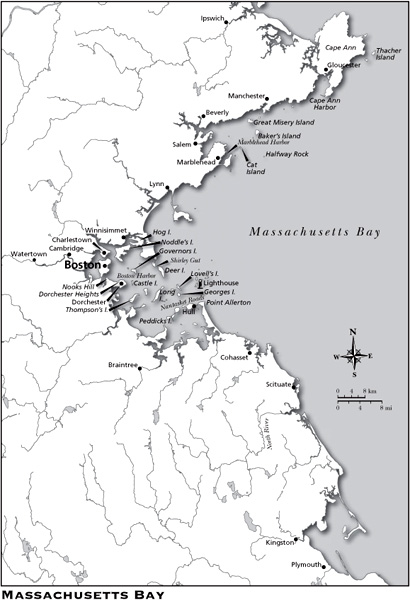
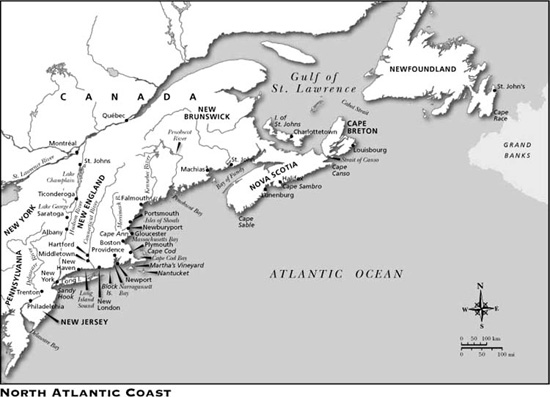
PROLOGUE: A Very Delightful Country
THE COUNTRYSIDE is foreign to him but charming, lovely in its summer greens. He rides down the muddy road from his headquarters in Cambridge to the most prominent of the American defenses on Prospect Hill, about a mile away. He is considered one of the , and the horse between his legs is the one thing that is familiar to him. Everything else is completely new.
George Washington has the mark of a leader, tall and erect in the saddle, a manner that others call . A small sword hangs at his side; a black cockade adorns his hat. He is wearing a uniform, one of the few so dressed, even though he is in the midst of more than fourteen thousand soldiers.
He is general and commander-in-chief of the Continental Army and has been for eighteen days. It has been more than a decade and a half since he last commanded troops in the field, and then, during the French and Indian War, he was colonel of a regiment of Virginia Provincials.
A mist rises from the fields as the sun burns off the wet from yesterday's heavy rains. The road is soft and muddy, and the horse steps through pools of standing water. The air is fine with the soft, clean smell that comes on the heels of a storm. It carries a scent of cooking fires and the tang of salt air.
Major General Charles Lee is riding at Washington's side. Gangly, slovenly dressed, and profane, he is in many ways Washington's polar opposite, but he is considered the greatest military mind on the American side. He has accompanied Washington from Philadelphia and has been pleased to share in the adulation that has surrounded the new commander-in-chief on his nine-day trip by horseback from the seat of government to the seat of war.
Behind Lee rides Joseph Reed, a young lawyer from Philadelphia who will be Washington's personal secretary. Lee's dogs race madly around the little parade of mounted officers.
The men, newly arrived from Philadelphia, have spent their first night in the pretty little village of Cambridge and have just ridden from Brattle Street headquarters past the wide common, the smattering of houses, and the buildings of Harvard College. Many of Cambridge's eight hundred inhabitants are Tories, and they are now gone. There are almost no civilians still living therethe houses and the college buildings are nearly all occupied by troops.
The generals ride through open country now. Green hills roll along like ocean swells, and here and there stands of oak and elm trees rise in bursts of leaves. In any direction the odd church spire can be seen, brilliantly white in the morning sun, like fingers pointing to heaven.
Washington, the farmer and eager land speculator, cannot help but assess the countryside. He likes what he sees. "The Village I am in, is situated in the midst of , and is a very beautiful place itself," he will shortly write his brother Samuel. But he is on other business now.
Ahead of him rises Prospect Hill, standing proud above the smaller hills surrounding it. Its top is scarred and turned in two places where redoubts have been constructed to keep the British, now entrenched on Bunker Hill, from pushing onto the mainland. The dirt and the wooden ramparts are only a few weeks old. The brown earth looks freshly dug, and it all looks bright and clean in the sun.


